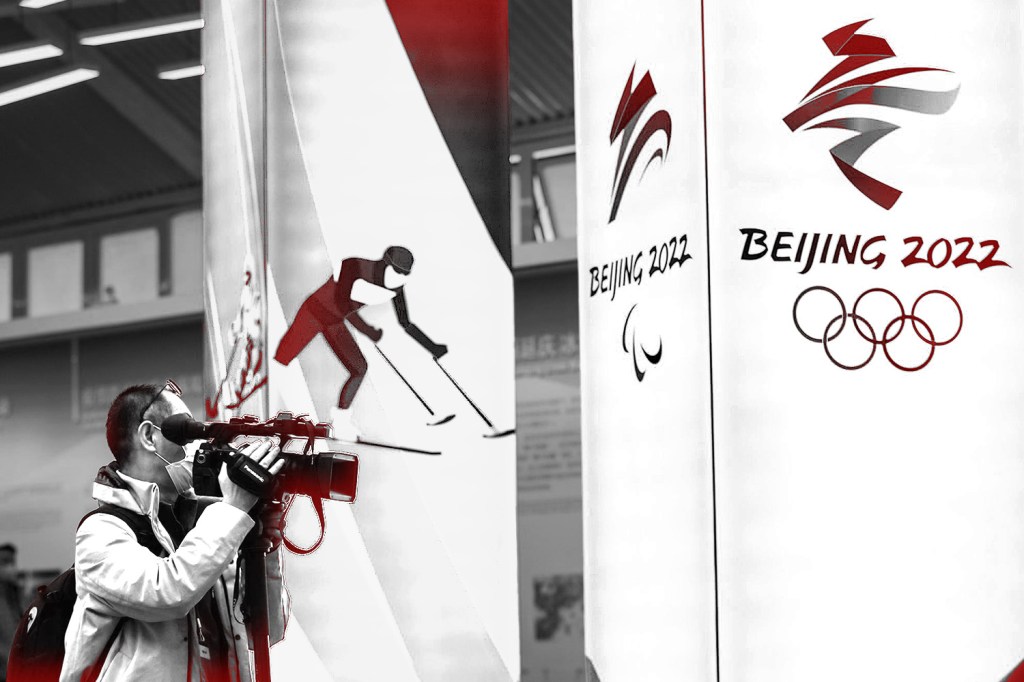The Biden administration announced a diplomatic boycott of the Winter Olympics in China on Monday.
The political action will not prevent U.S. athletes from competing in the Beijing games but bars U.S. government officials from attending.
The boycott is in protest of human rights “atrocities” Press Secretary Jen Psaki said. A bipartisan group in the House of Representatives previously introduced legislation to trigger a diplomatic boycott, citing the genocide of the Uyghur population in China.
The boycott further complicates the situation for major Olympic sponsors.
- Ten of the 12 largest Olympic sponsors, including Coca-Cola, Intel, Toyota, and Procter & Gamble, combine for $110 billion in annual revenue in the country, according to Bloomberg.
- Nike and Adidas faced boycotts in China after both companies expressed concerns over reports of Uyghurs being subjected to forced labor in the Xinjiang region.
- In April, Nike sales dropped 59% and Adidas sales dropped 78% year-over-year on China’s biggest e-commerce platform, Alibaba’s Tmall.
China’s foreign ministry spokesperson Zhao Lijian said earlier that should the U.S. boycott, “China will take resolute countermeasures.”
The Beijing Olympics will begin on Feb. 4. The U.S. will host the Summer Games in Los Angeles in 2028.






